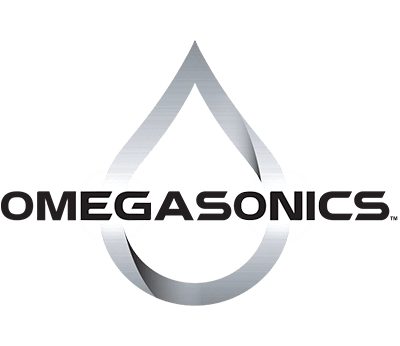Solvents used in industrial applications such as paint stripping and precision cleaning used to be considered the cutting edge of cleaning technology. Now, however, there is a growing and well-founded concern about the effect of solvents on human health and work environments.
Short- and long-term health effects of solvents
Industrial solvents have also been known to cause short-term effects such as dermatitis and other skin issues, such as drying, cracking, reddening, or blistering when handled, especially without proper skin protection. Fumes from solvents can also cause headaches, drowsiness, poor coordination, nausea, unconsciousness and even death, in the most extreme cases.
Solvents have also been linked to long-term impacts on human health, affecting the brain and nervous system, including memory loss, sleeping disorders, and irritability. Different solvents can have long-term negative effects on the skin, liver, blood production, and kidneys. They can also have adverse effects on fertility of both males and females exposed to them as well as unborn children.
Clearly, even when workers use proper protection, there is the strong possibility of solvents strongly affecting their health in a myriad of negative ways. Fortunately, alternatives are coming to the forefront, positively impacting worker safety and a cleaner environment across industries.
Solvents and precision cleaning
Generally, solvents work by increasing or decreasing the surface pH of a liquid while cleaning a part. This chemical effect makes it easier for tough grime to be scrubbed or lifted away from the part being cleaned. Although this is a great solution for cleaning, the solvent itself can be detrimental for the part being cleaning, damaging it. For example, if you were to try to clean a piece of wood covered by wax, the solvent might clean the surface of dirt and grime embedded in the wax surface coat. However, it would also remove the wax coating, ruining the wood underneath when it’s exposed to liquid. As an additional example, many types of metals are coated with protective surfaces that prevent oxidation. Solvents inadvertently remove these protective coatings, allowing for moisture and water to cause rust.
Solvents banned or controlled by international treaty
In 1987, leaders from many countries around the world signed the Montreal Protocol on Substances that Deplete the Ozone layer. This established legal regulations controlling the national production and consumption of ODS (ozone depleting substances). Because many solvents were included in this treaty, the need for alternative cleaning substances and methods arose.
For example, chemical restrictions/bans included common solvents such as carbon tetrachloride and 1,1,1-trichloroethane. The banning or scaling back of these substances created a need for alternative, “green” options when cleaning parts.
Omegasonics offers “green” solvent-free cleaning
Here at Omegasonics, we not only build ultrasonic cleaning units, but we also offer an array of solvent-free detergents to use in conjunction with industrial and precision cleaning.
All Omegasonics detergents are solvent-free and comply with the Montreal protocol and EPA. When you buy Omegasonics products, you can rest assured knowing that none of your cleaning applications are harming the environment or causing harm to your workers.
Choosing the best ultrasonic cleaning detergent for you
At Omegasonics, we craft each of our detergents for a specific application. However, when it comes to choosing the right one, it can be overwhelming. The recommended method is to first determine the industry you work in or the type of grime and/or materials you’re dealing with – take a look at our handy chart. In most cases, you can’t go wrong with general-purpose detergents such as OmegaSupreme and OmegaClean, both from Omegasonics.
Just remember that certain types of detergents matched with the incorrect type of material can potentially cause damage to the part being cleaned (such as in the case of using a high-caustic detergent with aluminum). Be sure to read the manufacturer’s directions on each bottle of detergent, and if in doubt, call your Omegasonics representative for specific advice and help.
In cases where you cannot find the correct detergent to use for your industry or application, simply contact one of our ultrasonic cleaning consultants today at Omegasonics or give our experts a call at (888) 420-4445. We’ll find the perfect match for you!
